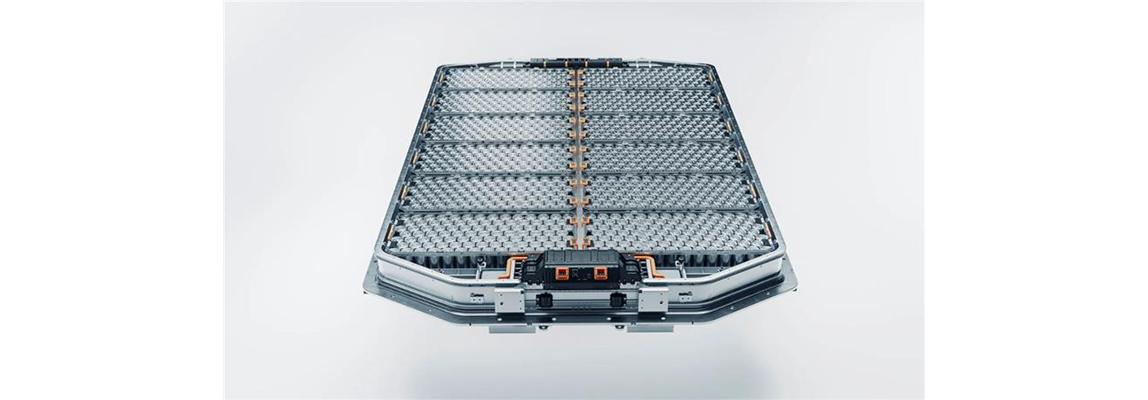
Analysing EV Batteries with AI: Francisco Ribeiro Mansilha on his work placement at INNER
06/25/2025 - 09:07
Francisco Ribeiro Mansilha is a third-year Applied Data Science & AI student who recently completed a one-semester work placement at INNER, a start-up based on the High Tech Campus in Eindhoven. INNER is pioneering non-invasive diagnostics for electric vehicle batteries, with the ambitious goal of building a machine capable of scanning an entire car and analysing the battery in detail. Francisco worked as a computer vision intern, applying AI techniques to analyse battery CT scans. Here, he shares insights from his placement experience.